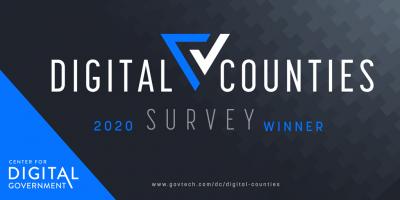FAQs
Public Charge FAQ
Most immigrants are NOT subject to public charge! The rule is mainly applied to people seeking admission (Visa) into the United States or applying to adjust their status (to get a Green Card) through a family-based petition. Public charge does NOT apply to:
- Lawful permanent residents (LPRs) with green cards when they apply for U.S. citizenship or renew their green cards.
- Refugees, Asylees, Temporary Protected Status applicants, DACA applicants or recipients seeking renewal, Special Immigrant Juveniles, asylum applicants, and certain victims of crime, including domestic violence and human trafficking.
[information from CA Dept. of Social Services]
Every person and family is different. You can use this website tool Keepyourbenefits.org to help you understand if public benefits affect your immigration options. Please note this tool does not request name, addresses, or other personal details.
Every family is different, so reach out for qualified legal advice.
- The public charge rule does NOT apply to every immigrant.
- Getting government funded benefits alone does NOT make you a public charge.
- Government funded benefits received by your children and family members do NOT make you a public charge.
- Most people with green cards are NOT subject to the public charge rule.
[information from CA Dept. of Social Services]
Public charge is defined as a non-citizen who is likely to become primarily dependent on the government for support, by receiving either: cash assistance for income maintenance (like CalWORKs, SSI, and General Relief/Assistance), being institutionalized for long-term care at government expense.
[information from CA Dept. of Social Services]

